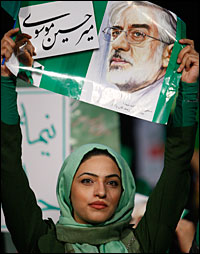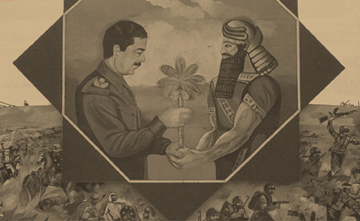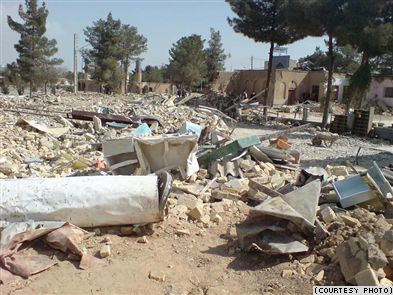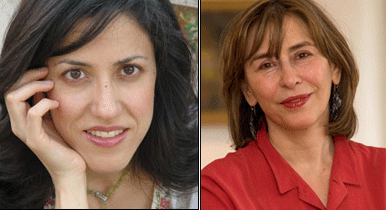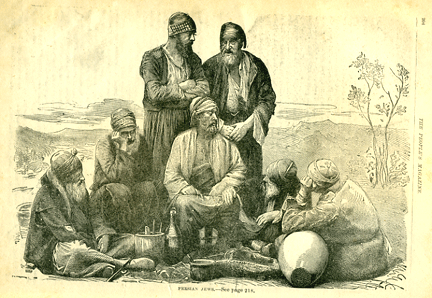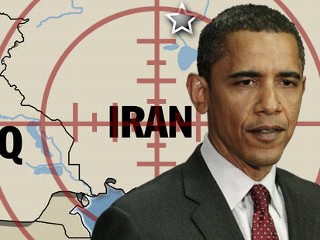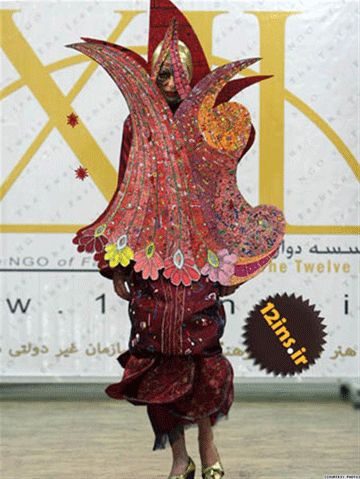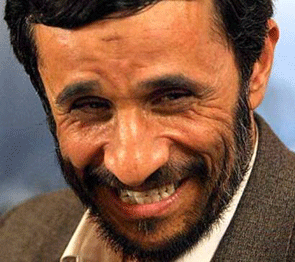
Color Iran today in black; it is not yet ready for a greening. The smiling face of Mahmoud Ahmadinejad is in victory mode. What was thought would be a close election turned out to be a seeming mandate for the man who would make Iran a nuclear power. The people have spoken or have they? Critics contend that the voting was rigged, that counting was being done before the polls closed (they had been extended up to six hours in some places), that there were not enough ballots and that Ahmadinajad even beat his main challenger Moussavi in the latter’s home town of Tabriz, an unlikely scenario. No matter, the Supreme Cleric has spoken, and in Iran that is the true nature of democracy, a theocracy that tolerates a parliament.
So do not expect the recent friendly overtures of President Obama to go very far in the second term of Ahmadinejad, whose tainted victory brings to mind the Florida recount that promoted George Bush into the White House in 2000. Indeed, there is a case for renaming the returning President AhmadineBush. Continue reading AhmadineBush
